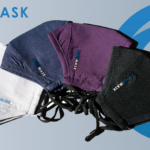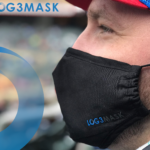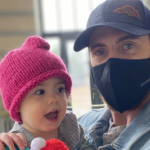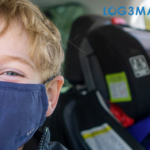Company:
Claros Technologies
Project Details
Fabric 1
Cotton/Poly Blend
Producer/Manufacturer:
Airtex Group
Primary Use:
Secondary Fabric
Fabric 2
ZioShield AV
Producer/Manufacturer:
Claros Technologies
Primary Use:
Antiviral Finish
Engineer Name 1
John Brockgreitens
Engineer Company 1
Claros Technologies
Design Name
Andrew Gonzalez
Design Company
Claros Technologies
Fabrication Name
Mike Miller
Fabrication Company
Airtex Group
Project Manager Name
Ryan Corcoran
Project Manager Company
Claros Technologies
Please describe the project specifications
The facemask designed by Claros Technologies, dubbed “LOG3Mask”, is a novel face covering design aimed at minimizing air leakage and maximizing wearer comfort by adjusting key dimensions of a standard facemask design. The LOG3Mask also utilizes a three-layer design of high-quality materials to increase particulate filtration to over 80%, while minimizing airflow resistance to maintain a high level of breathability for extended use. The physical design of the mask also includes a metal nose-bridge and adjustable ear loops to properly mold the mask to the wearer’s face. Claros has also successfully integrated its novel ZioShield® technology, an eco-friendly textile treatment which has been shown by third-party testing to inactivate up to 99.9% (Log 3) of viruses within 10 minutes, as well as eliminate 99.9999% (Log 6) of bacteria to provide a self-disinfecting finish. It has also been shown by dermatology testing to be hypoallergenic. The ZioShield® treatment maintains efficacy over 100 laundering cycles, which means the LOG3Mask is a highly attractive reusable product which can resolve many of the sustainability issues presented by disposable and limited use masks.
What is unique or complex about the project?
When the global developments of early 2020 caused everyone to ask themselves how they could support the global fight against the spread of COVID-19, the team at Claros Technologies was able to pivot and respond. They shifted a project for the Department of Defense to create a long-lasting fabric coating that contains functional nanoparticles and face-tracked early discoveries with a zinc-based nanoparticle that delivered off-the-charts antiviral performance. The need to translate that technology into a consumer product at a rapid pace was evident. The Saint Paul, Minnesota based start-up teamed up with Mike Miller's Airtex Group to rapidly fabricate thousands of facemasks with Claros' new ZioShield antiviral technology embedded in the fabric.
In February of 2021, the LOG3Mask™ was released to the public delivering technology that has 99.9% (3 Log) elimination of viral particles, 99.9999% (6 Log) reduction of infectious bacteria like MRSA, and was proven to maintain efficacy after 100 washes. Claros quickly teamed up with a large US textile mill to prove that this technology could be achieved at roll-to-roll scale. Within the last month, the team has shown efficient nanoparticle delivery uniformly across the entire roll of fabric. The next generation of antiviral functional textiles is now possible with the ZioShield® finish by Claros Technologies.
The market need for this is clear as we have seen the spread of COVID-19 pandemic in healthcare facilities and the dramatic impact on frontline healthcare workers is expected to result in increased demand for preventive PPE over the next few years. Even before the pandemic, hospital-acquired infections (HAI) are recognized as a serious recurrent threat to patient safety and a major growing public health concern, with 1.7 million infections and an estimated annual cost of $30-45 Billion annually. In the United States and globally, transmission of SARS-CoV-2 has been devastating our communities and infrastructure. As of August 13th, 2021 there have been 36.6M cases in the US, and 206M cases worldwide. With the rise of new variants, effective PPE is still a concern, even after mask mandates have been lifted due to what is considered sufficient levels of vaccination. Healthcare facilities are “hotspots” for infection resulting in an urgent need for antiviral/antimicrobial PPE at these facilities where ideally no capital investment or significant changes to existing worker protective equipment is required. These drivers and demand of PPE across the world serve as an indicator of an increased need for preventive PPE and antiviral measures, particularly as new variants of coronavirus continue to emerge across the globe.
Content is submitted by the participant. IFAI is not responsible for the content descriptions of the IAA award winners.
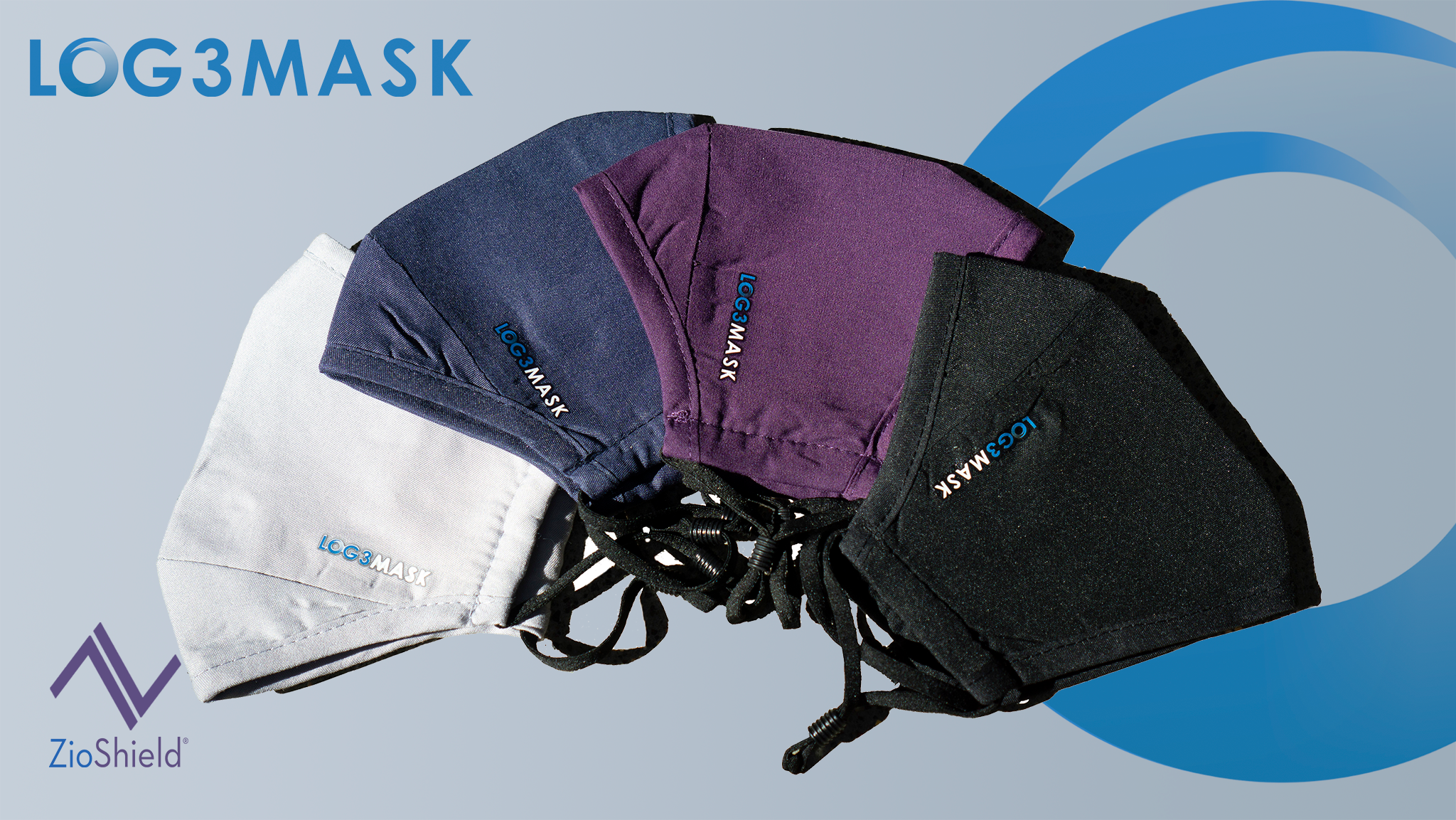
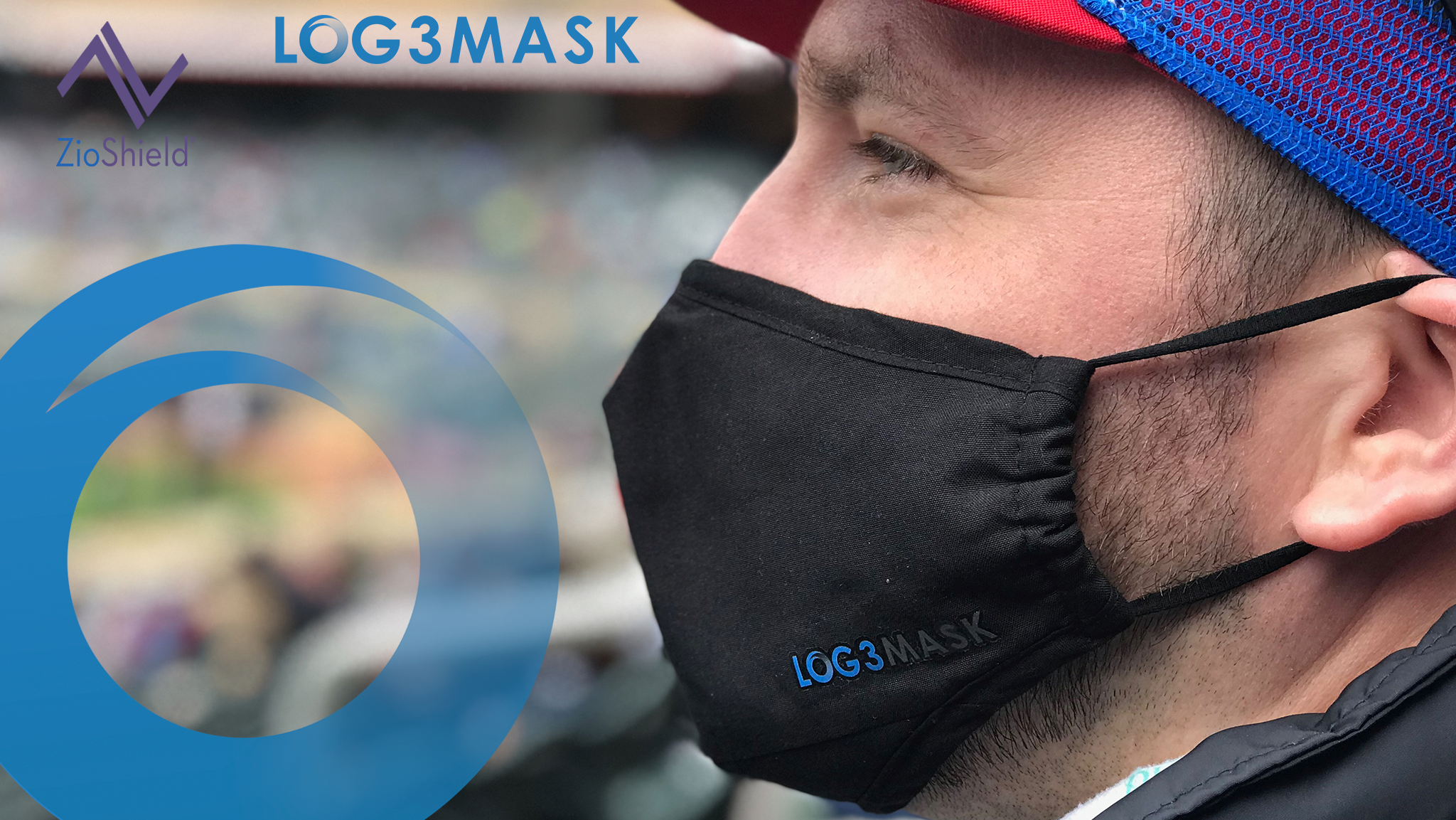
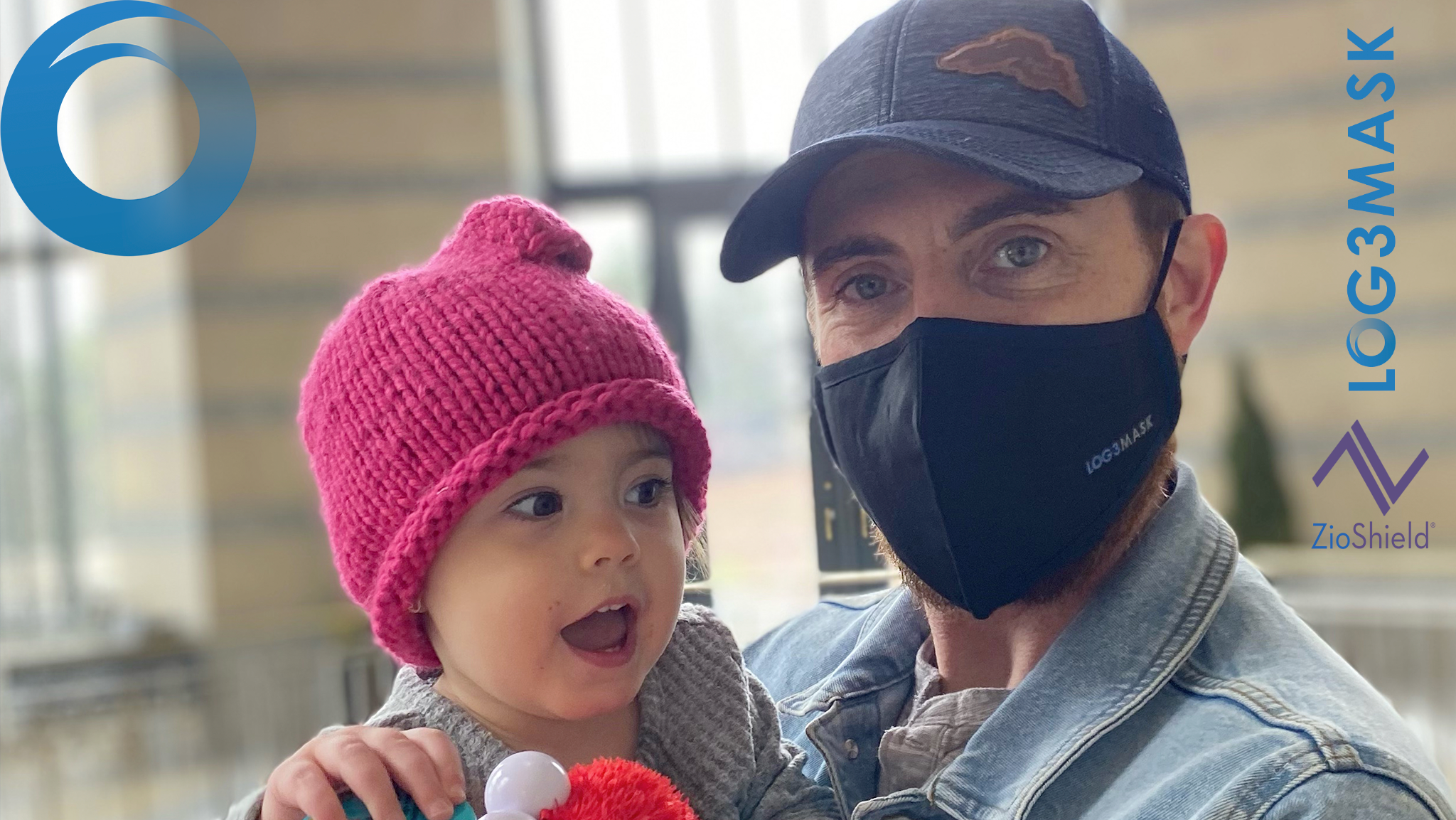
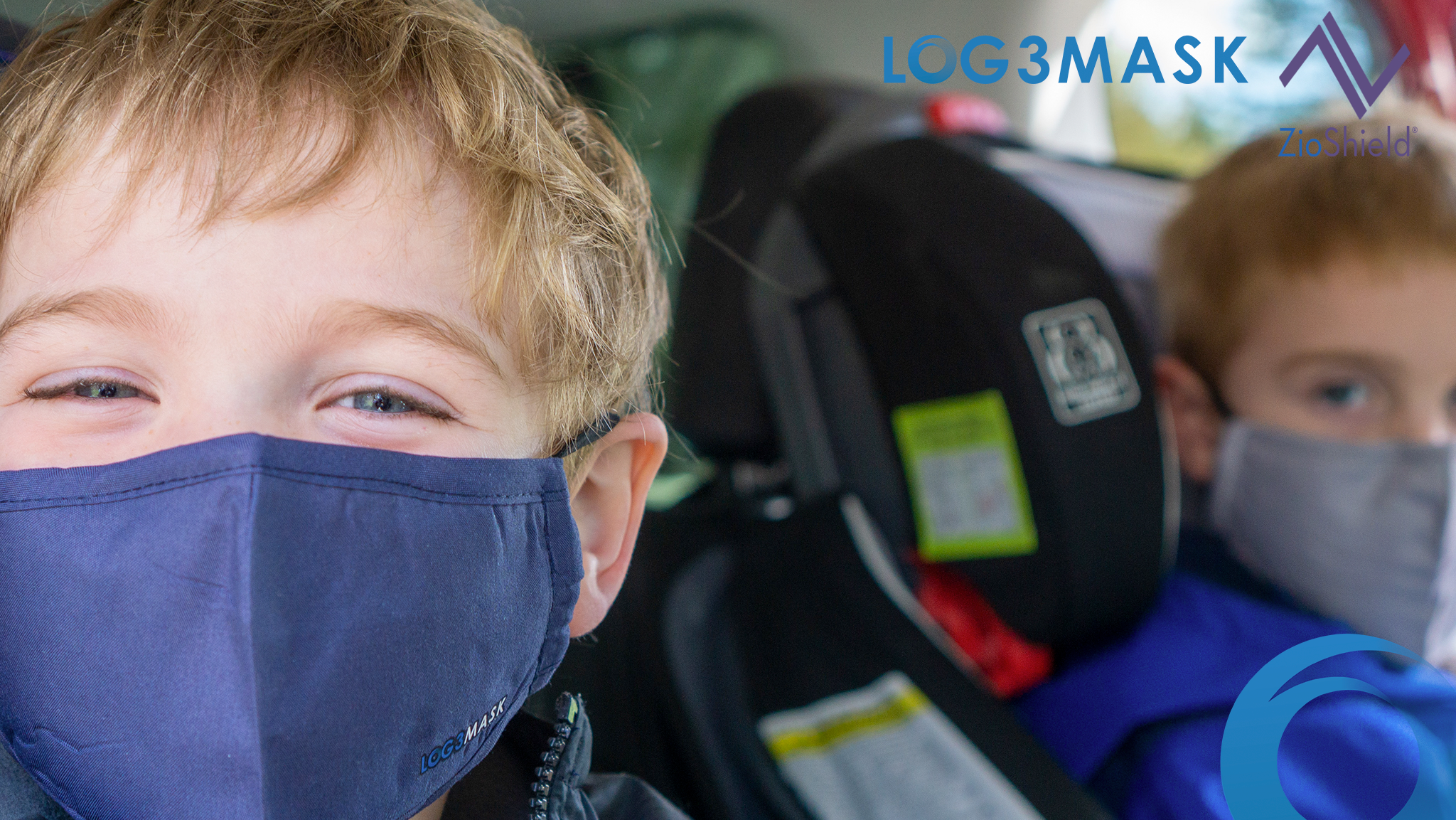
 TEXTILES.ORG
TEXTILES.ORG



